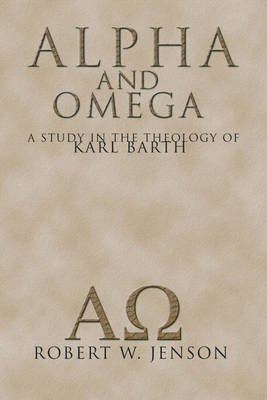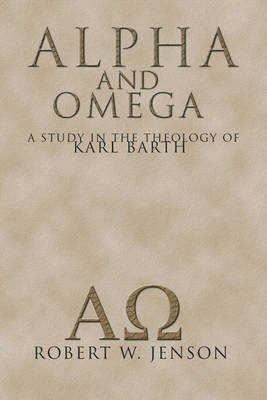
Je cadeautjes zeker op tijd in huis hebben voor de feestdagen? Kom langs in onze winkels en vind het perfecte geschenk!
- Afhalen na 1 uur in een winkel met voorraad
- Gratis thuislevering in België vanaf € 30
- Ruim aanbod met 7 miljoen producten
Je cadeautjes zeker op tijd in huis hebben voor de feestdagen? Kom langs in onze winkels en vind het perfecte geschenk!
- Afhalen na 1 uur in een winkel met voorraad
- Gratis thuislevering in België vanaf € 30
- Ruim aanbod met 7 miljoen producten
Zoeken
€ 39,95
+ 79 punten
Omschrijving
The theology of Karl Barth, the world-renowned German religious philosopher, has won the interest of intelligent laymen as well as clergymen, seminarians, and students. This book is an analysis of the way in which Barth describes the existence of Christ as the beginning and end of human history. From the dominant cliche of modern theology--Christianity is an historical religion--it untangles three questions which it then directs to Barth's writings: 1. To what end does God rule human history? 2. In what sense does God have a history and what is the relation between His history and ours? 3. What does the Christian assertion that Jesus, an historical event, is the meaning of life, say about the meaning of reality? Through investigation of these questions, Alpha and Omega presents Barth's theology as an answer to the challenge presented by the loss of man's ancient belief in an eternal and unchanging framework and in a goal of life. The Church must speak to man as it finds him. Today it cannot assume that man already believes in justice, goodness, and God. Christianity must learn to present Jesus Christ, in his unadulterated historical reality, as the meaning of man's life. Alpha and Omega shows that Barth's development of a proclamation in which Christ's life is seen as the unconditional goal of the history of creation, in which to live means to become Christ's brother and share in His story, is one of theology's few live possibilities--if not the only one.
Specificaties
Betrokkenen
- Auteur(s):
- Uitgeverij:
Inhoud
- Aantal bladzijden:
- 176
- Taal:
- Engels
Eigenschappen
- Productcode (EAN):
- 9781592440078
- Verschijningsdatum:
- 29/07/2002
- Uitvoering:
- Paperback
- Formaat:
- Trade paperback (VS)
- Afmetingen:
- 143 mm x 204 mm
- Gewicht:
- 208 g

Alleen bij Standaard Boekhandel
+ 79 punten op je klantenkaart van Standaard Boekhandel
Beoordelingen
We publiceren alleen reviews die voldoen aan de voorwaarden voor reviews. Bekijk onze voorwaarden voor reviews.









